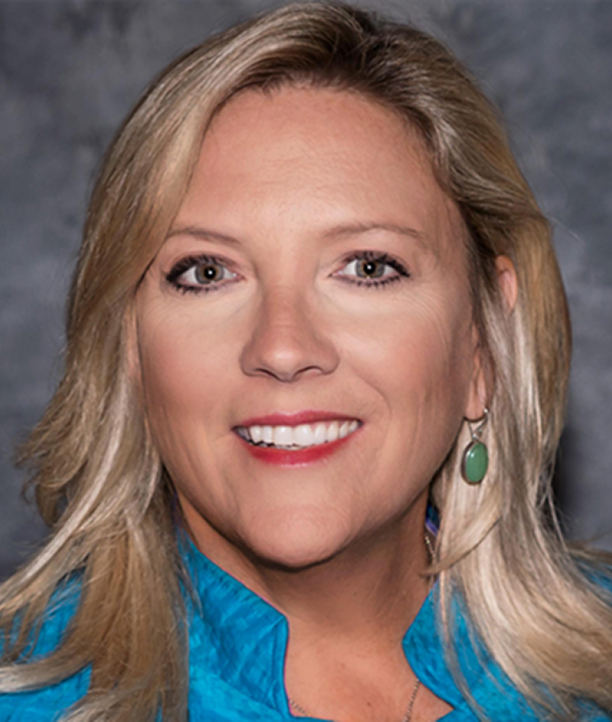“As a doctor, I’m a people person. If you’ve made your career in human resources, you’re probably a people person, too.”

Dr. Rae Godsey shares her thoughts on how value-based care not only improves the experience of patients and doctors, but can benefit plan sponsors as well.
When you’re making decisions about employee healthcare coverage, you’re probably looking at documents, spreadsheets and budget projections. When we talk about health insurance, including Medicare, it can be easy to forget there are people behind those facts and figures.
As Chief Medical Officer at Humana, I often have the privilege of speaking with benefits managers in person. You may have even heard me present at The State and Local Government Benefits Association (SALGBA) or Public Sector Roundtable. Maybe you remember me as “the presenter from Humana.” But first and foremost, I’m a doctor. As a board-certified family physician, I practiced for more than 20 years. I’ve decided to share some of my thoughts here, and through LinkedIn, as a way to help more people.
As a doctor, I’m a people person. If you’ve made your career in human resources, you’re probably a people person, too. Like you, I got started out of a desire to help people. Sometimes, however, I ran into roadblocks.
I’d see a patient who had gone to the emergency room, for instance. They would show up in my office for a follow-up, but I wouldn’t have received their records from the ER. So, I didn’t know exactly what happened or what medicines they were on. It was common to see specialists not talking with the primary care physicians, and care managers not being part of the conversation.
It’s no secret that there are places where healthcare is disjointed. It can be overwhelming for someone, especially in the Medicare population, to navigate. They can struggle to understand their condition, what treatment options are available, identifying the right providers, and what benefits they have. As a doctor, all you want to do is help.
What knocked down these roadblocks? Value-based care.
Value-based care works because it rewards outcomes, not processes. It’s an integrated care system. Physicians are talking with one another, specialists are talking with primary care physicians. It’s a team of healthcare professionals focused on caring for the patient and working toward better health outcomes for that individual.
What’s most exciting to me is that physicians get to spend more time with their patients. It’s a win for the patient, a win for the doctor and a win for you, the plan sponsor. Why? Because coordinated care saves costs.
When we create an environment where healthcare costs are lower and the person is healthier, the expenditure is lower. So those dollars can go back into richer benefits. That improves the sustainability of what plan sponsors are faced with today. Your priority is to find the best Medicare Advantage carrier with the best benefits for your retirees.
When people retire from your organization, it can be easy to mentally lump them into the “retiree” category, with collective needs. But when you think back to them working at your company, whether or not you knew them personally, it’s a little easier to picture each one as an individual. Today, they’re out there, hopefully enjoying retirement, but undoubtedly dealing with health issues sooner or later. They’re still that individual, and they still need support from medical providers—and payers—who see them that way.


In my practice, I cherished the one-on-one interactions with patients. If I ever start to think of Humana’s members as a monolith, I imagine what it would be like to interact with any one of them in my practice. When a person is sitting in front of you, describing their symptoms and expressing worry, fear or hope, it’s impossible to think of them as part of a faceless group—or as a number in a spreadsheet.
With value-based care, our providers can focus on delivering better health outcomes for retirees with high-quality support. It improves the retiree healthcare experience while lowering healthcare costs. Because, at the end of the day, we all want what is best for our retirees and plan sponsors.


